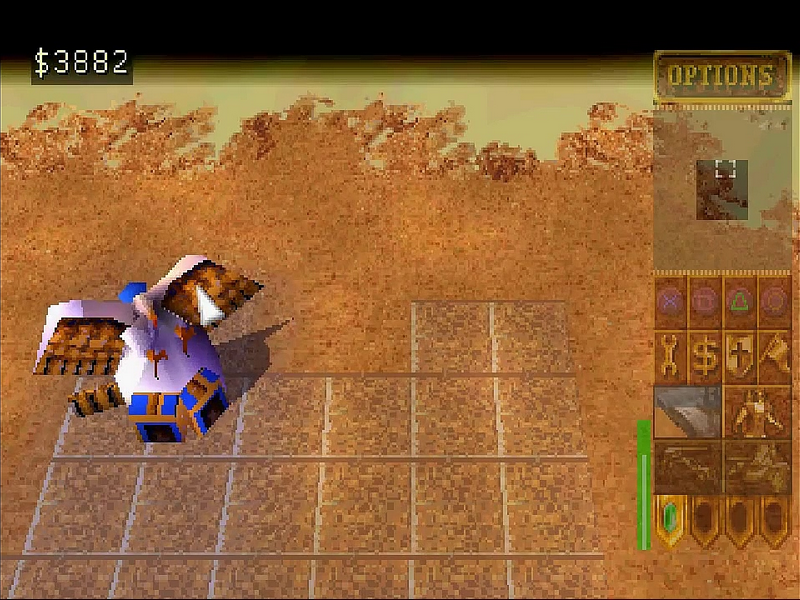

Anyone into the books knows why that’s a problem and nullifies what makes the universe special. Look, we’re not saying Dune II, later remade as Dune 2000, is a bad game, because it isn’t, but it set the IP on a path of conformity and diluted identity, giving birth to projects (later handled by EA) that felt like Command & Conquer mods. The gameplay is likely what made these titles successful, rather than the ‘Dune’ name, and that became evident with Dune II. Building those games on top of an already-established property saved game companies precious time and wasn’t as risky as coming up with something new, but that was it. Lynch’s film had left a sour taste in people’s mouths, and avid book readers were the ones keeping the flame alive for future audiovisual adaptations. But did that happen because of their quality or because of the property they were based on? Looking back, Dune wasn’t very hot around that time. Okay, so both an adventure-RTS hybrid and a complete RTS made a splash in the early 90s. This is a bit of buried game history, but set up a lot of what we’d see later in the Command & Conquer series, born from Westwood as well, and in the first Warcraft. It was released just in time for Christmas 1992 and also found great success, establishing a new standard for strategy games.

In fact, it was titled Dune II (with two different subtitles) only because it ended its development later. Oddly, Dune and Dune II were released only months apart, – they had been developed by different studios as rival projects under the same publisher’s umbrella.īeyond the basic DNA, Dune II, developed by Westwood Studios, had very little in common with Cryo’s game. Surprisingly, Virgin Games wanted to try its luck with a full-blown RTS too, in the form of Dune II.


 0 kommentar(er)
0 kommentar(er)
